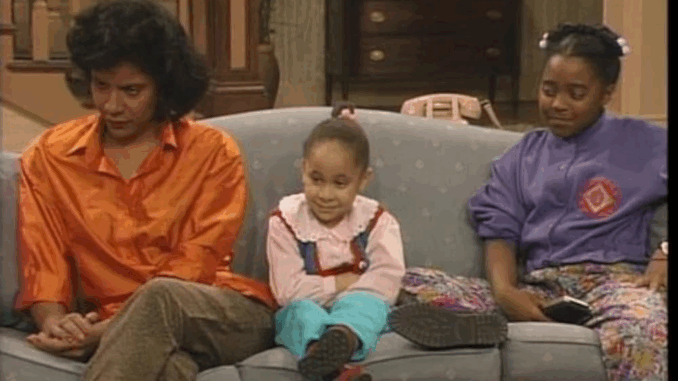
For decades, Bill Cosby was more than a comedian, actor, or television star — he was a national figure of trust, warmth, and wisdom. As Dr. Heathcliff Huxtable on The Cosby Show, he earned the affectionate title “America’s Dad,” representing not only Black excellence but also universal ideals of fatherhood, decency, and humor. His fall, then, was not just a personal scandal — it was a cultural earthquake.
The allegations of sexual misconduct and assault leveled against Cosby — dozens of them — didn’t just tarnish his reputation. They shattered a symbol. And in doing so, they dragged with them the legacy of The Cosby Show, one of the most groundbreaking and beloved sitcoms in American television history.
The Making of a Myth
In the 1980s and early 1990s, The Cosby Show was more than entertainment — it was a movement. Bill Cosby was at its heart, not only starring in the show but also shaping its tone, values, and message. Dr. Huxtable was kind, witty, principled — a father figure not just to his fictional children, but to an entire generation of viewers across racial lines.
Cosby used his real-life persona to reinforce this image. He gave speeches on education, family values, and personal responsibility. He donated millions to historically Black colleges. He was seen as a moral compass in both pop culture and Black America.
In many ways, The Cosby Show succeeded because America wanted to believe in the man behind the character.
The Fall: A Crisis of Identity and Trust
When accusations against Cosby surfaced — and multiplied — in the 2010s, it wasn’t just the man who fell. It was everything he symbolized. The betrayal felt personal. How could the man who taught life lessons through laughter be accused of such horrific behavior?
The phrase “America’s Dad” took on a bitter irony. The trust that once uplifted Cosby’s legacy now made its unraveling more painful. He wasn’t just an actor accused of crimes — he was someone people felt they knew, someone who had been invited into their living rooms, into their family routines.
The verdicts of public opinion and the justice system created a rift that many fans still struggle to reconcile.
The Ripple Effect on The Cosby Show
Once a mainstay of American pop culture, The Cosby Show became collateral damage in Cosby’s downfall. Reruns were pulled. Syndication deals were canceled. Streaming platforms quietly removed the show from their libraries. An entire generation lost access to a piece of television history.
For the rest of the cast and crew — who had no part in Cosby’s actions — the fallout was equally devastating. Their careers, creative contributions, and cultural impact were swept into the same wave of revulsion that consumed Cosby’s legacy. Some defended the show’s importance. Others chose silence, distancing themselves from the man who had once lifted them into stardom.
Can the Work Be Saved?
The question remains: can we still appreciate The Cosby Show as a work of art, even as its creator stands disgraced? For some, the show remains a powerful representation of Black family life, education, and dignity — themes far bigger than one man. For others, the stain is too deep.
There is no single answer. The disillusionment is real, and justified. But so is the cultural value of the show — a value created not by one man alone, but by a talented ensemble, skilled writers, and a generation of viewers who saw their hopes and realities reflected onscreen.
A Symbol Broken, A Legacy Fragmented
The fall of “America’s Dad” is a reminder of how deeply we tie values to personalities — and how fragile those myths can be. Bill Cosby’s crimes shattered not only his own image, but also challenged the nation to confront the gap between performance and person.
The Cosby Show endures, but uneasily — caught between nostalgia and reckoning, admiration and anger. It remains one of the most significant television shows of the 20th century. But it now lives in shadow, its light dimmed by the man who once made it shine.